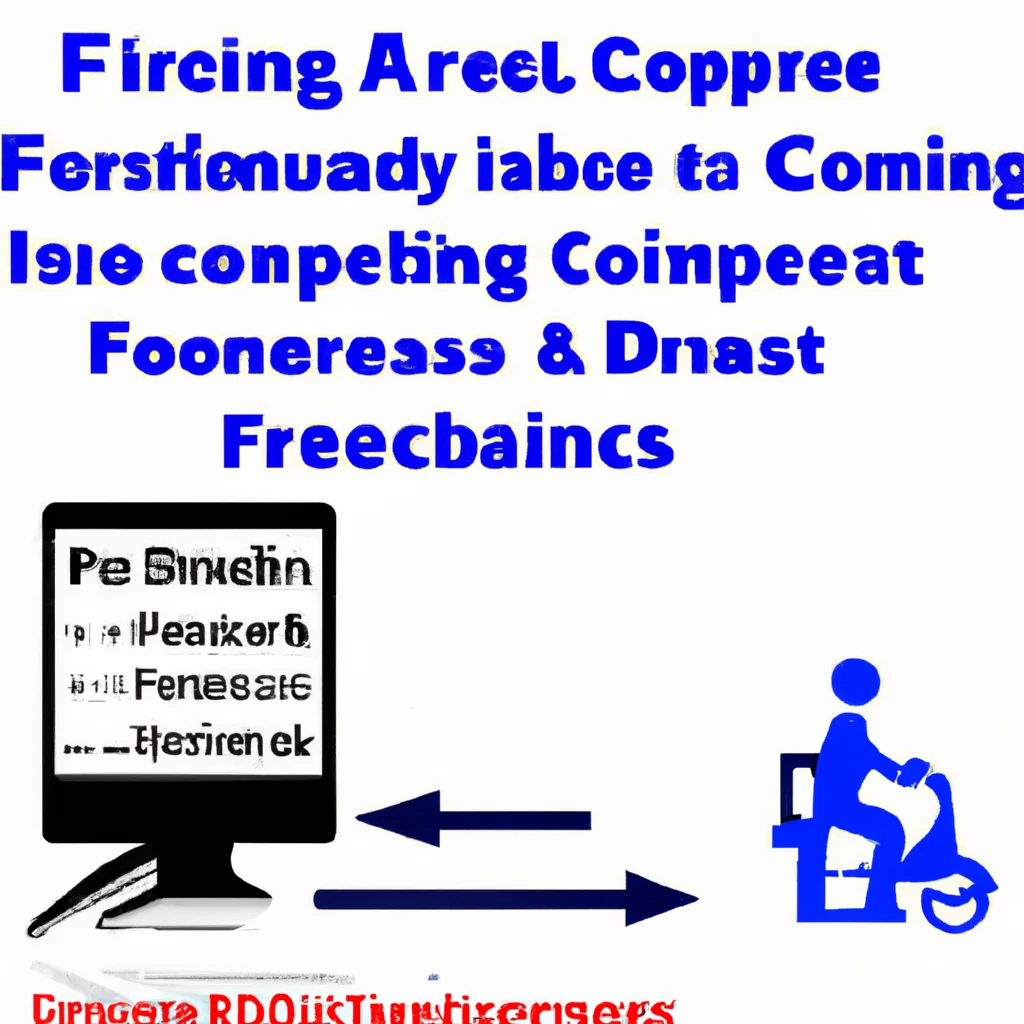Understanding Free Carrier (FCA) and Its Implications in International Trade
Free Carrier (FCA) is a crucial trade term that signifies the seller’s responsibility for delivering goods to a location specified by the buyer. In this context, “free” denotes the seller’s obligation to deliver the goods to a designated place for transfer to a carrier, which could be an airport, shipping terminal, warehouse, or the seller’s premises. The seller incorporates transportation costs into the price and assumes the risk of loss until the carrier takes possession of the goods. Once the goods are in the carrier’s hands, the buyer assumes full responsibility.
Key Points to Remember:
- Free Carrier (FCA) requires the seller to deliver goods to a specified location chosen by the buyer.
- Transportation costs are included in the price, and the seller assumes the risk until the carrier receives the goods.
- Upon delivery to the carrier, the buyer takes over all responsibilities for the goods.
Investopedia / Crea Taylor
How Free Carrier (FCA) Operates in Trade Transactions
FCA terms are utilized by buyers and sellers engaging in economic trade that necessitates the shipment of goods. These terms allow for flexibility regarding the transportation point, irrespective of the transportation modes involved, with the location typically within the seller’s home country. The seller’s responsibility includes safely transporting the goods to the designated facility, which can be serviced by various transportation modes like trucks, trains, boats, or airplanes. Liability for the merchandise transitions from the seller to the carrier or buyer upon the seller’s delivery of the goods to the agreed port or area.
The seller’s obligations include delivery to the specified destination, while unloading the goods might not be part of this responsibility. However, the seller could be accountable for ensuring export clearance if the goods are to leave the United States from the seller’s premises. Under FCA terms, the buyer is relieved of export details and licenses, which are the seller’s obligations. The buyer arranges for transportation, and upon the goods’ transition to the carrier, they become an asset on the buyer’s balance sheet.
For comprehensive legal advice on trade terms within contracts, consulting with a trade attorney is recommended for all parties involved in international trade.
Exploring FCA Incoterms and International Trade Contracts
International transportation contracts often incorporate abbreviated trade terms that outline shipment specifics, including delivery terms, payment, risk transfer, and freight responsibilities. To facilitate such transactions, international commercial terms or Incoterms, established by the International Chamber of Commerce, are widely recognized standards. Incoterms, like FCA, have been crucial in defining international trade terms since 1980, with periodic revisions every ten years.
These standardized terms, including FCA, set clear instructions for delivery terms and are integral in international trade agreements. While similar to domestic trade terms like the Uniform Commercial Code, there may be subtle differences in their interpretations.
FCA, recognized as a standard set of instructions under Incoterms, ensures clarity and consistency in international trade agreements. Initiated in 1980, FCA terms have been periodically updated to reflect evolving trade practices and requirements.
Access to the Incoterms rules can be obtained through the International Chamber of Commerce’s official website.
Real-Life Example of FCA in Action
In an FCA scenario, the seller delivers goods to a location specified by the buyer, maintaining responsibility for the goods until arrival at the designated point. The buyer then takes charge of loading the goods for transportation.
For instance, if Joe Seller ships goods to Bob Buyer under an FCA agreement, Joe would deliver the goods to a carrier chosen by Bob. The transfer of liability occurs as the goods are handed over to Bob at this juncture.
What Is the Distinction Between FCA and FOB?
While FCA applies to various transportation modes, FOB is specific to sea shipments, where the seller is responsible for loading goods onto the vessel. Under FCA, the buyer is accountable for loading onto the carrier, with the supplier typically providing an export declaration upon loading the buyer’s vehicle.
What Sets FCA Apart from DDP?
DDP terms require the seller to cover transportation costs and retain all risks until the buyer receives the goods, contrasting with FCA terms where the buyer typically incurs costs as they choose the carrier.
Who Handles Payment for FCA Shipping?
Traditionally, under FCA terms, the buyer bears the transportation costs as they nominate the carrier to be utilized.
Who Manages Export Clearance under FCA?
Within FCA shipping agreements, the seller is responsible for export duties, taxes, and customs clearance, whereas the buyer takes charge of importing the goods.
The Bottom Line: Responsibilities under FCA Shipping Terms
FCA terms allocate specific responsibilities to each party in the transaction. The seller handles pre-carriage to a terminal, delivery to the agreed destination, and proof of delivery. Furthermore, the seller manages export packaging, licensing, and customs proceedings. Conversely, under FCA, the buyer is accountable for the main transportation means, loading charges, import duties, taxes, and related formalities.
